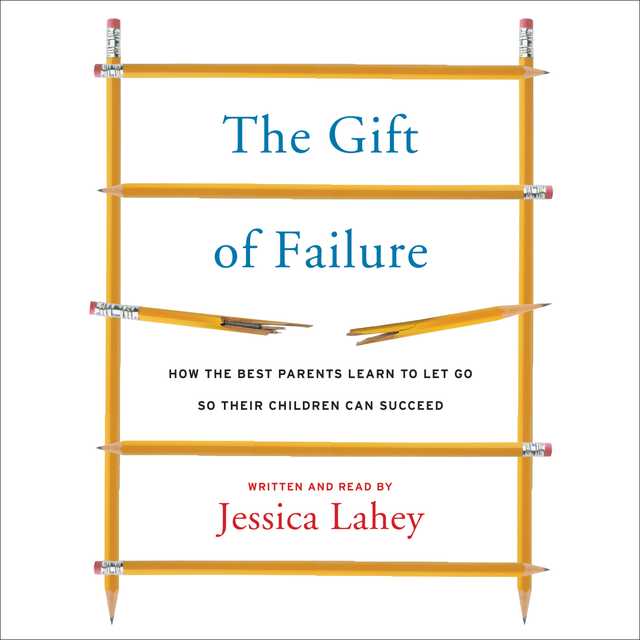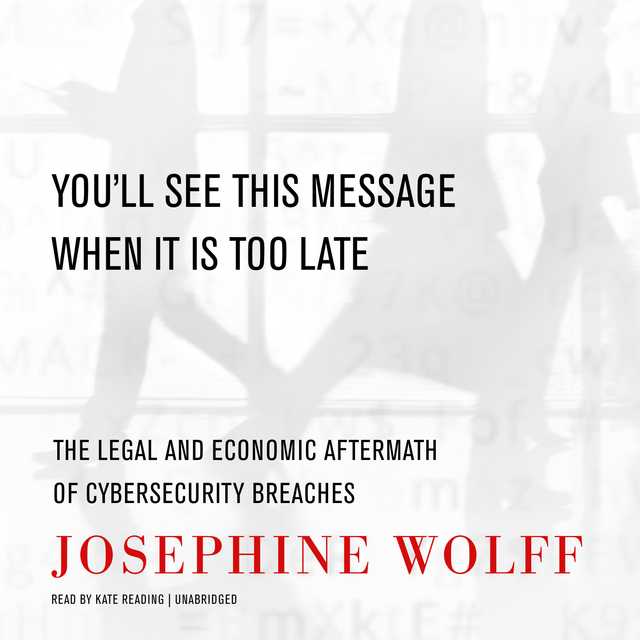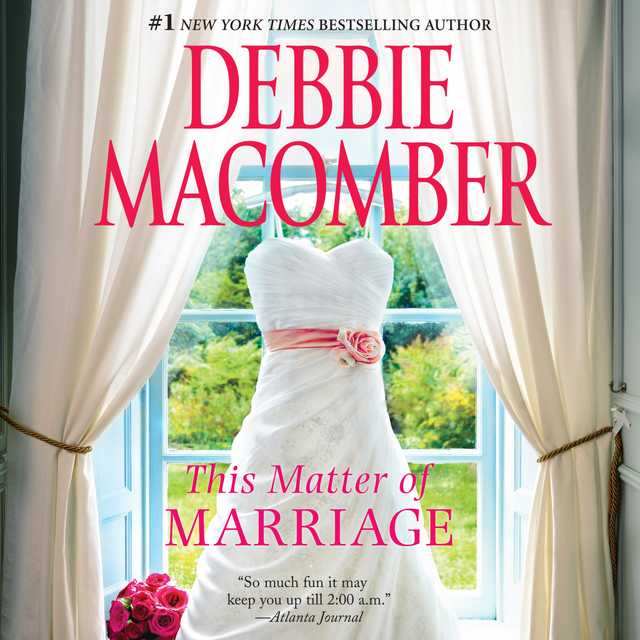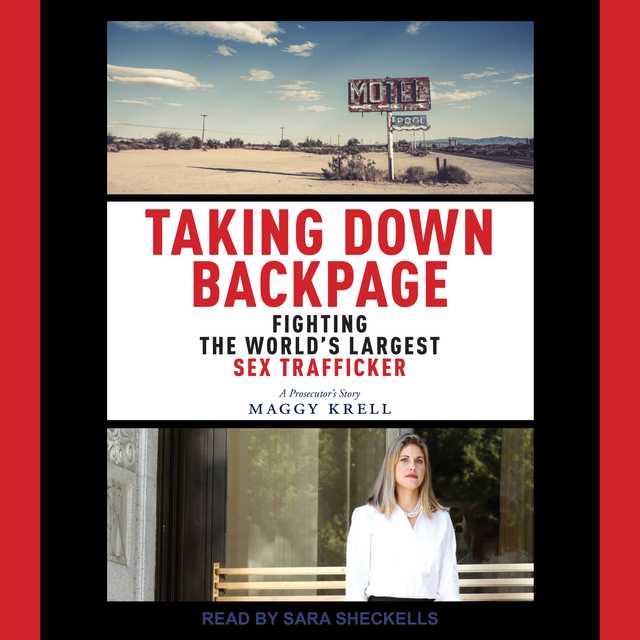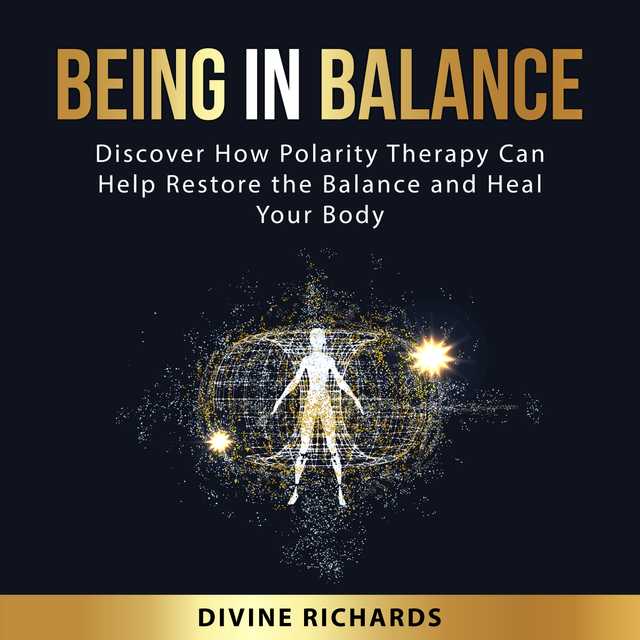The Gift of Failure Audiobook Summary
NEW YORK TIMES BESTSELLER
In the tradition of Paul Tough’s How Children Succeed and Wendy Mogel’s The Blessing of a Skinned Knee, this groundbreaking manifesto focuses on the critical school years when parents must learn to allow their children to experience the disappointment and frustration that occur from life’s inevitable problems so that they can grow up to be successful, resilient, and self-reliant adults.
Modern parenting is defined by an unprecedented level of overprotectiveness: parents who rush to school at the whim of a phone call to deliver forgotten assignments, who challenge teachers on report card disappointments, mastermind children’s friendships, and interfere on the playing field. As teacher and writer Jessica Lahey explains, even though these parents see themselves as being highly responsive to their children’s well being, they aren’t giving them the chance to experience failure–or the opportunity to learn to solve their own problems.
Overparenting has the potential to ruin a child’s confidence and undermine their education, Lahey reminds us. Teachers don’t just teach reading, writing, and arithmetic. They teach responsibility, organization, manners, restraint, and foresight–important life skills children carry with them long after they leave the classroom.
Providing a path toward solutions, Lahey lays out a blueprint with targeted advice for handling homework, report cards, social dynamics, and sports. Most importantly, she sets forth a plan to help parents learn to step back and embrace their children’s failures. Hard-hitting yet warm and wise, The Gift of Failure is essential reading for parents, educators, and psychologists nationwide who want to help children succeed.
Other Top Audiobooks
The Gift of Failure Audiobook Narrator
Jessica Lahey is the narrator of The Gift of Failure audiobook that was written by Jessica Lahey
Jessica Lahey writes about education, parenting, and child welfare for The Washington Post, the New York Times, and The Atlantic and is the author of the New York Times bestselling book, The Gift of Failure: How the Best Parents Learn to Let Go So Their Children Can Succeed. She is a member of the Amazon Studios Thought Leader Board and wrote the curriculum for Amazon Kids’ The Stinky and Dirty Show. She lives in Vermont with her husband and two sons.
About the Author(s) of The Gift of Failure
Jessica Lahey is the author of The Gift of Failure
More From the Same
- Author : Jessica Lahey
- The Addiction Inoculation
- Publisher : HarperAudio
- Abraham
- American Gods [TV Tie-In]
- Dead Ringer
- House of Sand and Fog
- Prey
The Gift of Failure Full Details
| Narrator | Jessica Lahey |
| Length | 7 hours 46 minutes |
| Author | Jessica Lahey |
| Category | |
| Publisher | HarperAudio |
| Release date | August 11, 2015 |
| ISBN | 9780062332356 |
Subjects
The publisher of the The Gift of Failure is HarperAudio. includes the following subjects: The BISAC Subject Code is Family & Relationships, General, Parenting
Additional info
The publisher of the The Gift of Failure is HarperAudio. The imprint is HarperAudio. It is supplied by HarperAudio. The ISBN-13 is 9780062332356.
Global Availability
This book is only available in the United States.
Goodreads Reviews
Ali
September 29, 2015
I started reading this book at the beginning of the week, two days later I got an email from my sixth grader's math teacher to let me know that he was failing. My child was failing mostly because of lack of effort, laziness and poor organizational skills. We have offered help and tutors to no avail. So when the email popped into my inbox it was the perfect time to make a stand. This book helped reinforce our very firm belief that it is up to our children to do the work. We can offer help and support but past a certain point it is up to them. We sat our son down and told him that we were disappointed, but what he did next was entirely up to him. He could choose to fail if he wanted and there was nothing we could do about it. We discussed his options and the consequences of each. And I do mean discuss, not lecture. He was clearly relieved to be having a discussion instead of being on the receiving end of a lecture. I wrote back to the math teacher outlining our position. I said that we wanted him to fail so that he would learn the consequences of his actions and that we would support him with whatever he decided to do in his classroom. We also told him that we appreciated being informed, but that we believed that the student-teacher relationship was no longer ours to manage. We encouraged our child to make an appointment to discuss his performance and grades with his teacher on his own - which he did. By the end of the week I had received an email back from the math teacher telling me that this was the best parent email he had received in 19 years. I also had a kid with a pep in his step, a smile on his face and a sense of satisfaction that he could handle his own life, his own problems and make his own decisions. This story sums up in a nutshell what the book is trying to tell us. The book is full of great tips and reminders of why it is so important to let our kids fail. I only gave the book four stars because I read it immediately after "How to Raise and Adult" and that book covered much of the same ground more cogently. I also found a section toward the back of the book that recommended you make sure your kids get to school early jarring. Are we letting them fail or are we getting them out of bed? It seemed like an editing oversight. I also only gave the book four stars (it would be 3.5 if I could give it) because it failed to acknowledge the roles that teachers play in the current education environment. Last year my son turned in an assignment 2 months late. We made him complete it and asked his teacher to take it, just so he would have the embarrassment of having to turn it in. We expected and asked the teacher to fail him. Not only did she not give him an F, she gave him an A+ What the heck? How is he supposed to learn from that? My best friend's son was caught red-handed cheating on a Spanish test. Instead of getting an automatic F she was told that it was not school policy to fail and the kid was given another chance to take the test. Again, what the heck? I am not sure what is driving teachers and school districts to make such decisions but they are wrong. I would hazard a guess that teachers are thinking about their own performance evaluations, job security, the need to meet test standards and maintain school averages and the consequences with regard to funding if they do not. It's unfair to lament that parents do not let their children fail when even though we actively lobby for it, teachers won't allow it to happen.
Marie
September 25, 2017
“Children whose parents don’t allow them to fail are less engaged, less enthusiastic about their education, less motivated and ultimately less successful than children whose parents support their autonomy.”The bottom line of this book written by parent and educator, Jessica Lahey, is don’t bail your children out. They need to learn from their mistakes. They need to learn how to organize themselves, regulate themselves and deal with mishaps in the world they live in now so that they can become high functioning adults. Jessica Lahey, being an educator talks at length about maintaining good relationships with teachers. She incorporates much history of parenting and various theories and research from many other sources. Anyone reading this will come come away with their own take-away points depending on their children’s ages, family dynamics and unique family stressors. Below I am outlining ten take-away points that I felt were important as regards my own family and parenting philosophy. Grit = ability to attend to a task and stick to long-term goals –> greatest predictor of success.If parents back off pressure and anxiety over grades and achievement & focus on the bigger picture –> grades will improve and test scores will go up.Intrinsic motivation happens when kids feel autonomous, competent, and connected to the people and world around them. People can be divided into 2 mindsets: fixed & growth. A fixed mindset believes that intelligence, talent and ability are innate and remain the same through life, no matter what one does. A person with a growth mindset believes that these qualities are simply a starting point, and that more is always possible through effort and personal development. These people thrive on challenge and understand that failure and trying again is part of becoming smarter, better or faster.Parents should praise for effort, not inherent qualities to foster the growth mindset.The more independent you allow your children to be the more independent they will become. However, children also need rules, behavioral guidelines and structure. Limits make kids feel safe and cared for.Communicate family participation (rather than chores) and avoid nagging or pestering.Free play is undervalued in our children’s social and emotional growth. Peer play is significantly more predictive of academic success than standardized achievement tests, by 40%. Avoid intervening in conflict resolution between children’s friends and siblings.As kids get older, we need to trust them more, and when they live up to our trust, catch them doing things right and praise them. Keep an eye out for good judgement, character and resilience, and let them know that’s what you value above all else.Practical guidelines can help your child manage transitions: create predictability in the household, keep a family calendar, kids should keep their own schedule as soon as they are able, a regular sleep schedule and model calm.
Kristen
December 13, 2015
This book is a synthesis of the ideas of many good recent books on growth mindset, motivation, over parenting, etc. Because it's not as narrowly focused or research-driven, it's easy for parents to read and has many great reminders. Whether these ideas are new to readers or not, going against the cultural flow takes encouragement and reinforcement, which The Gift of Failure provides.
Kimberly
January 01, 2016
A very helpful book. I love the quote, "Out of love and desire to protect our children's self-esteem, we have bulldozed every uncomfortable bump and obstacle out of the way, clearing the manicured path we hoped would lead to success and happiness. Unfortunately, in doing so we have deprived our children of the most important lessons of childhood. The setbacks, mistakes, miscalculations, and failures we have shoved out of our children's way are the very experiences that teach them how to be resourceful, persistent, innovative and resilient citizens of this world."
Kara
October 25, 2019
One of the most personally challenging parenting books I've read. Until reading this I hadn't even realized how much I tend to take control of tasks instead of letting the kids learn and try. The first half was especially good as a general history/philosophy, and the last half I will need to read again once we get out of the younger years. Lots of good thoughts on trying, failing, motivation, and praise. Good for parents AND educators.
Jenna
March 19, 2022
4.5
Katie
February 20, 2017
It's easy to like a book that goes along nicely with what you already think, and The Gift of Failure fit the bill for me. The idea that parents protecting their children from failure is actually a disservice in the long run resonated with me. We've seen the 5th grade science fair projects that were hatched and completed by parents and that type of hovering is easy to dismiss as helicoptering, but it's harder to let my kids stretch and grow when high school grades are on the line. We are currently struggling with letting our sophomore take honors level courses and earning Bs with the understanding that it's better to have a growth mindset and to take harder classes and not do quite as well as if she had taken easier classes. But when a B in an honors class brings her GPA down (affecting scholarships and college admissions) it's harder to stand by your convictions. This book helped me recognize that in our family, we choose to do hard things even when the results might not be what we hope for. Now, if only we can get Admissions officers and scholarship committees to agree.
Frequently asked questions
Listening to audiobooks not only easy, it is also very convenient. You can listen to audiobooks on almost every device. From your laptop to your smart phone or even a smart speaker like Apple HomePod or even Alexa. Here’s how you can get started listening to audiobooks.
- 1. Download your favorite audiobook app such as Speechify.
- 2. Sign up for an account.
- 3. Browse the library for the best audiobooks and select the first one for free
- 4. Download the audiobook file to your device
- 5. Open the Speechify audiobook app and select the audiobook you want to listen to.
- 6. Adjust the playback speed and other settings to your preference.
- 7. Press play and enjoy!
While you can listen to the bestsellers on almost any device, and preferences may vary, generally smart phones are offer the most convenience factor. You could be working out, grocery shopping, or even watching your dog in the dog park on a Saturday morning.
However, most audiobook apps work across multiple devices so you can pick up that riveting new Stephen King book you started at the dog park, back on your laptop when you get back home.
Speechify is one of the best apps for audiobooks. The pricing structure is the most competitive in the market and the app is easy to use. It features the best sellers and award winning authors. Listen to your favorite books or discover new ones and listen to real voice actors read to you. Getting started is easy, the first book is free.
Research showcasing the brain health benefits of reading on a regular basis is wide-ranging and undeniable. However, research comparing the benefits of reading vs listening is much more sparse. According to professor of psychology and author Dr. Kristen Willeumier, though, there is good reason to believe that the reading experience provided by audiobooks offers many of the same brain benefits as reading a physical book.
Audiobooks are recordings of books that are read aloud by a professional voice actor. The recordings are typically available for purchase and download in digital formats such as MP3, WMA, or AAC. They can also be streamed from online services like Speechify, Audible, AppleBooks, or Spotify.
You simply download the app onto your smart phone, create your account, and in Speechify, you can choose your first book, from our vast library of best-sellers and classics, to read for free.
Audiobooks, like real books can add up over time. Here’s where you can listen to audiobooks for free. Speechify let’s you read your first best seller for free. Apart from that, we have a vast selection of free audiobooks that you can enjoy. Get the same rich experience no matter if the book was free or not.
It depends. Yes, there are free audiobooks and paid audiobooks. Speechify offers a blend of both!
It varies. The easiest way depends on a few things. The app and service you use, which device, and platform. Speechify is the easiest way to listen to audiobooks. Downloading the app is quick. It is not a large app and does not eat up space on your iPhone or Android device.
Listening to audiobooks on your smart phone, with Speechify, is the easiest way to listen to audiobooks.

